SPT Method for assessment of safe bearing capacity
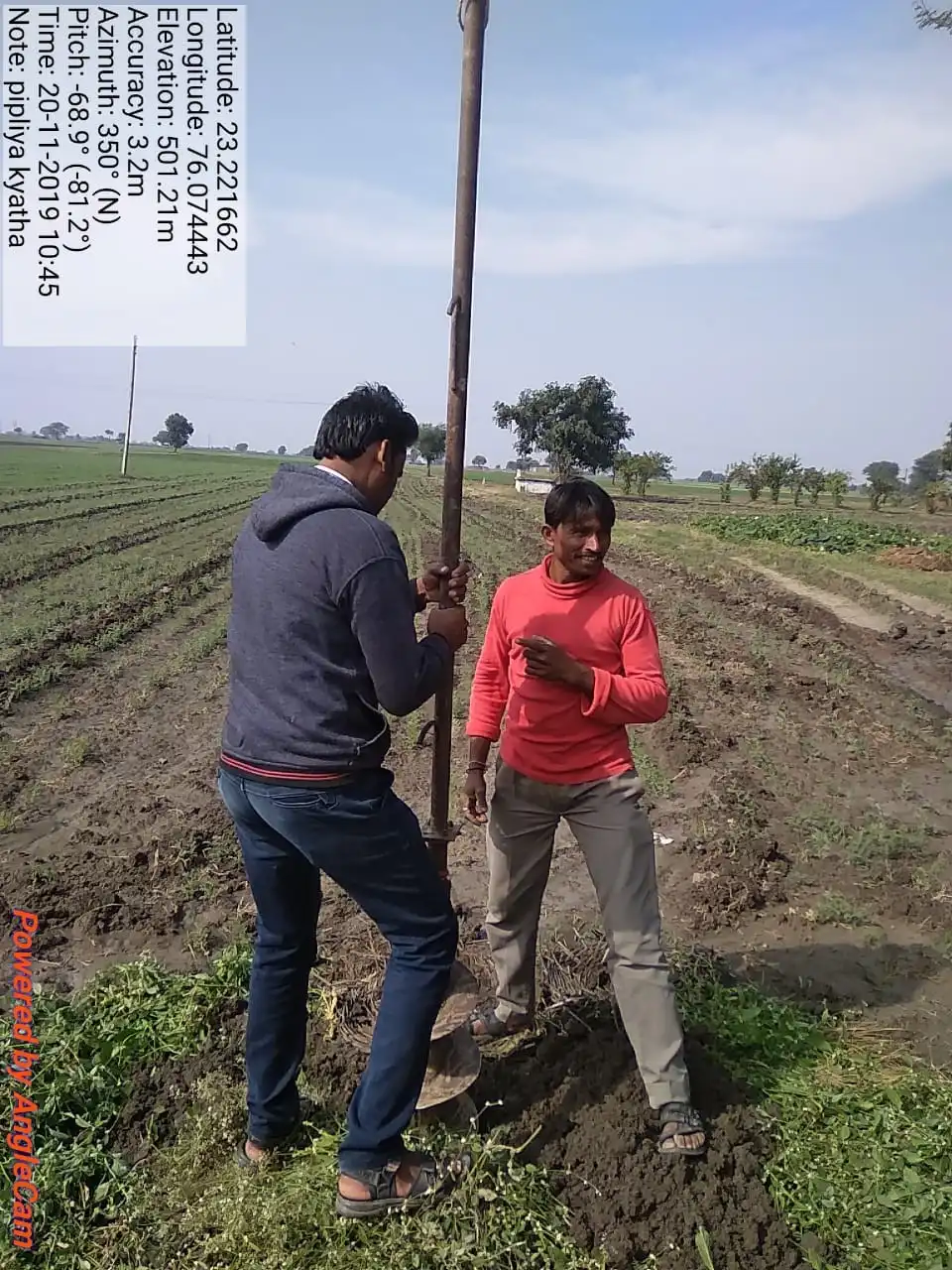

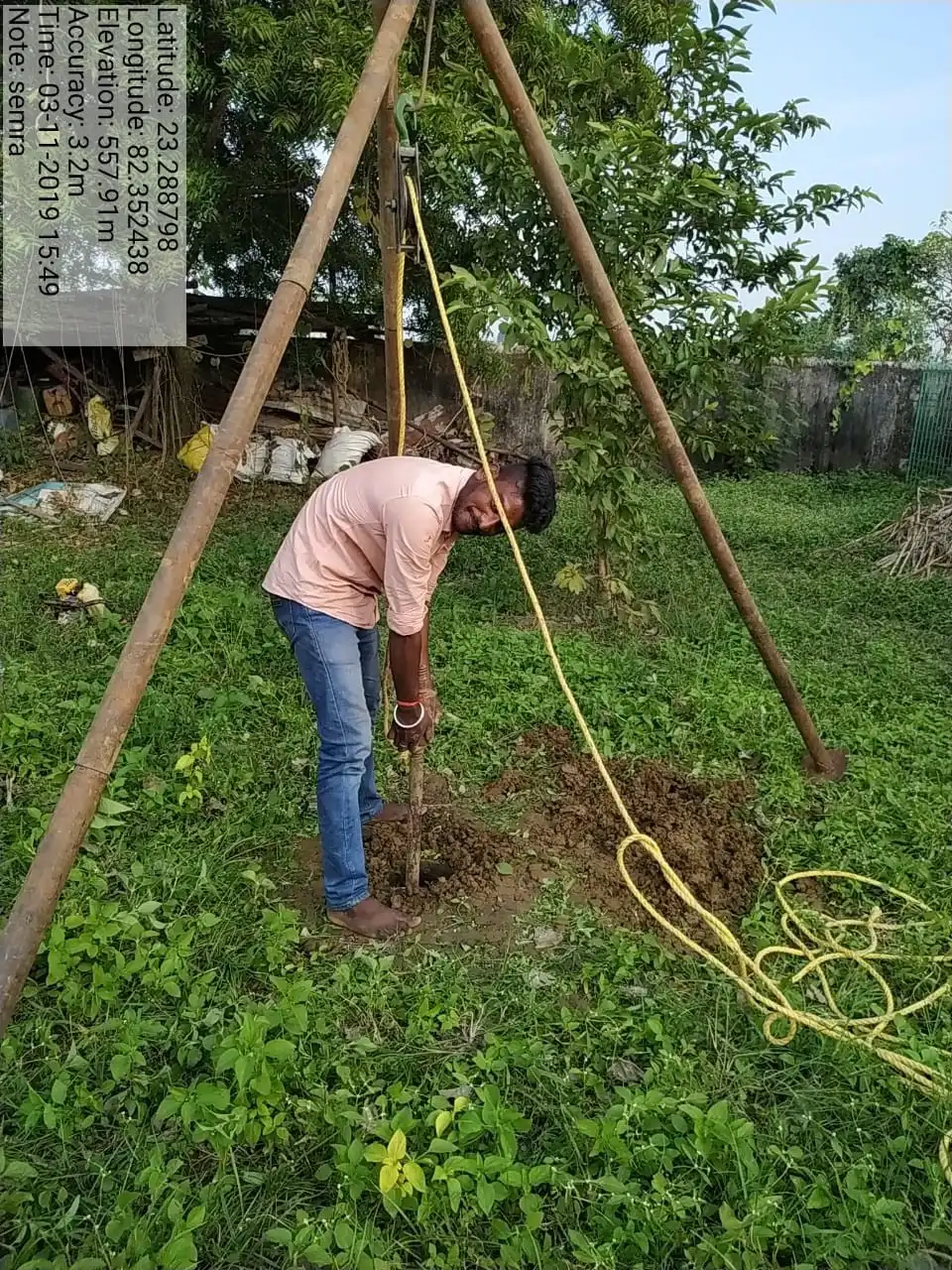
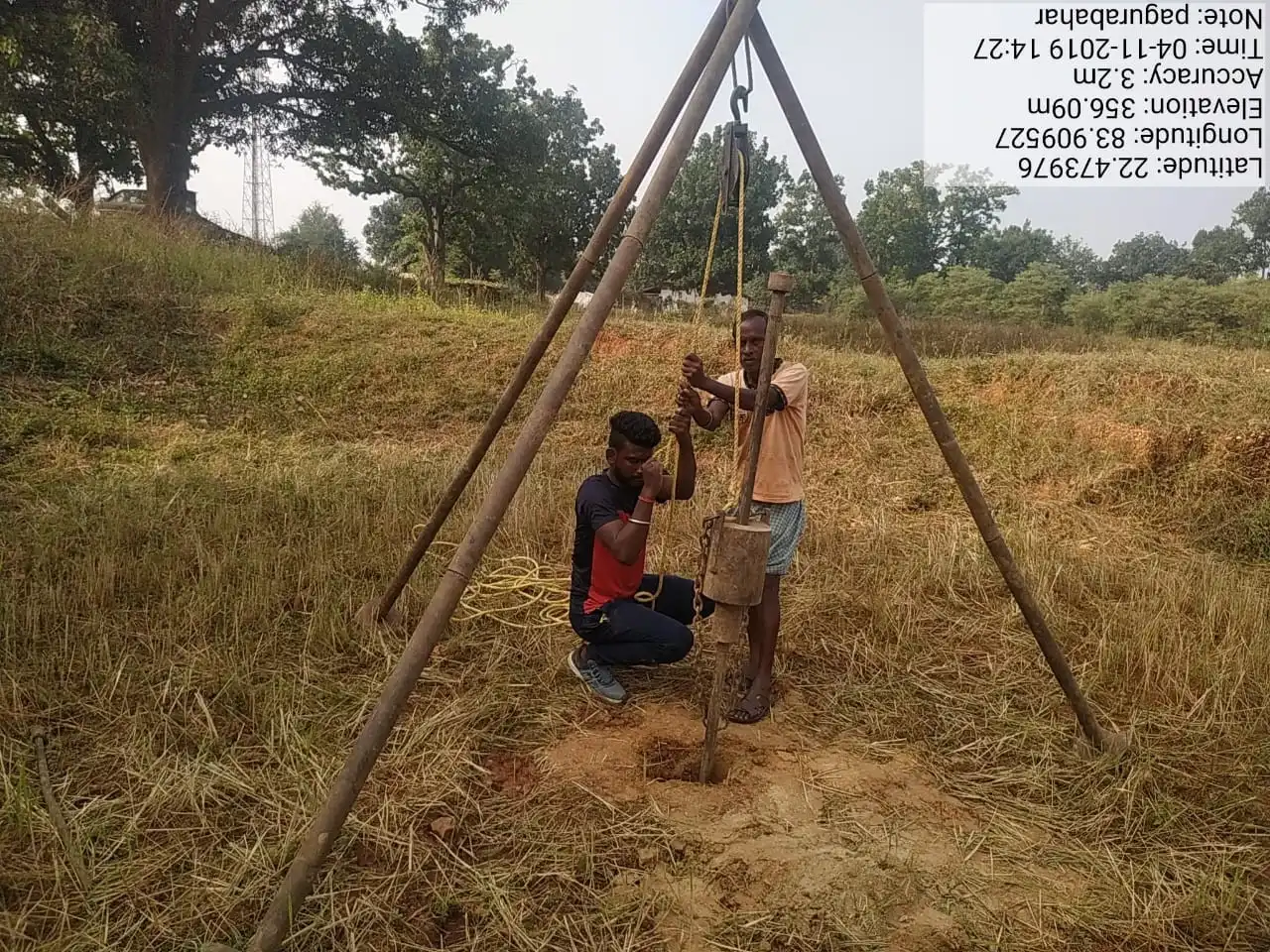
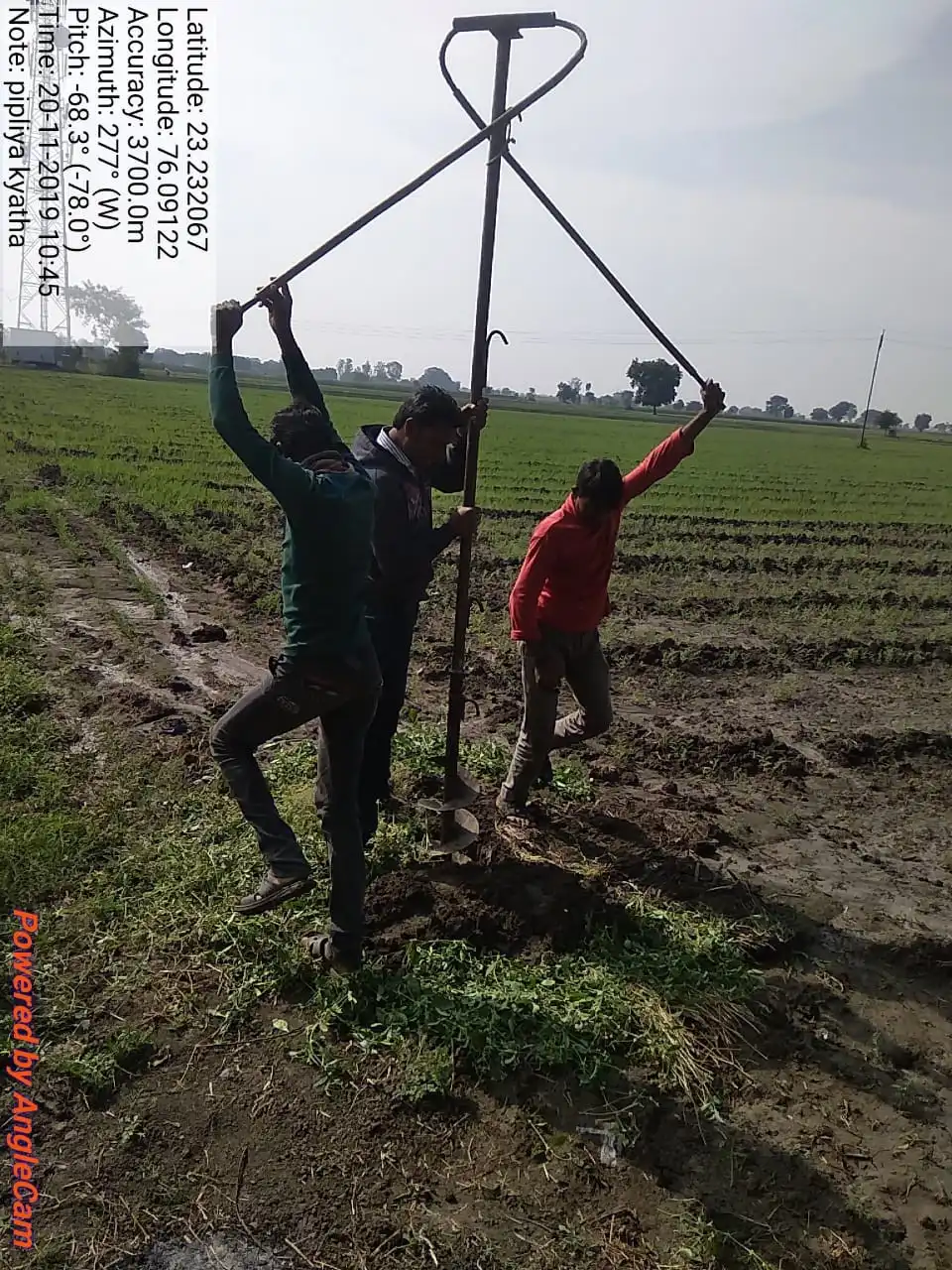
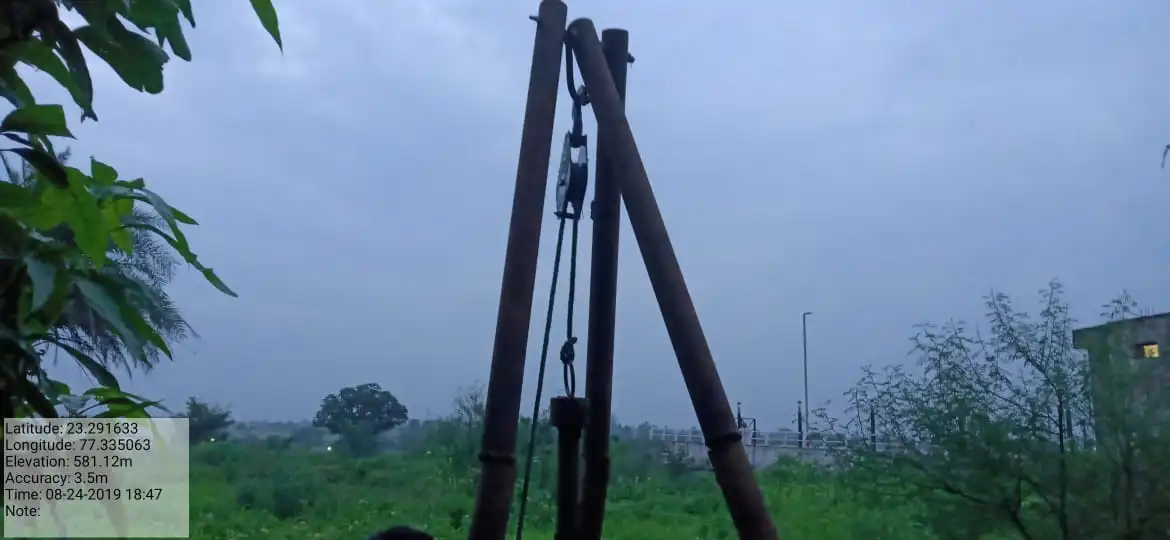
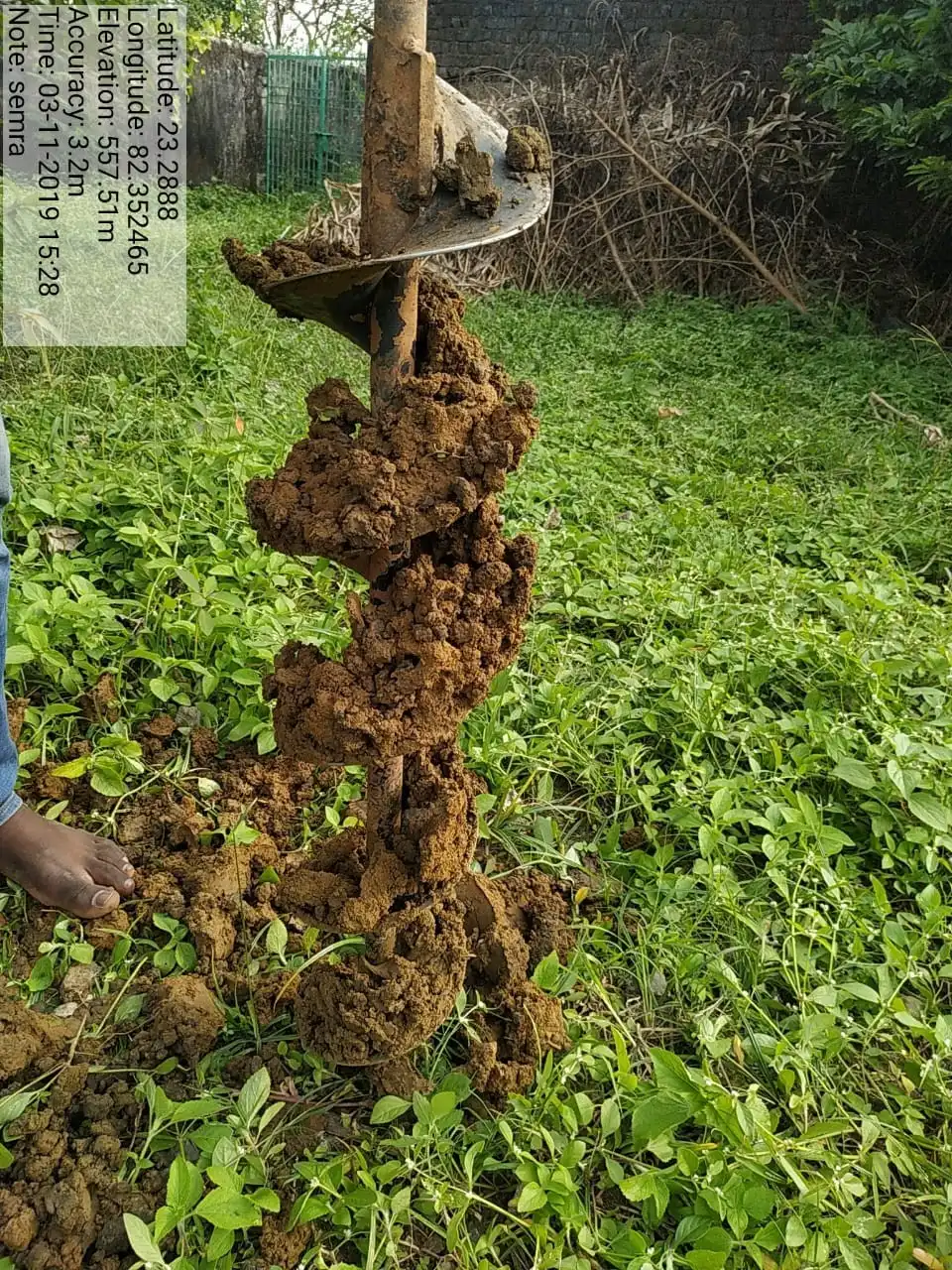
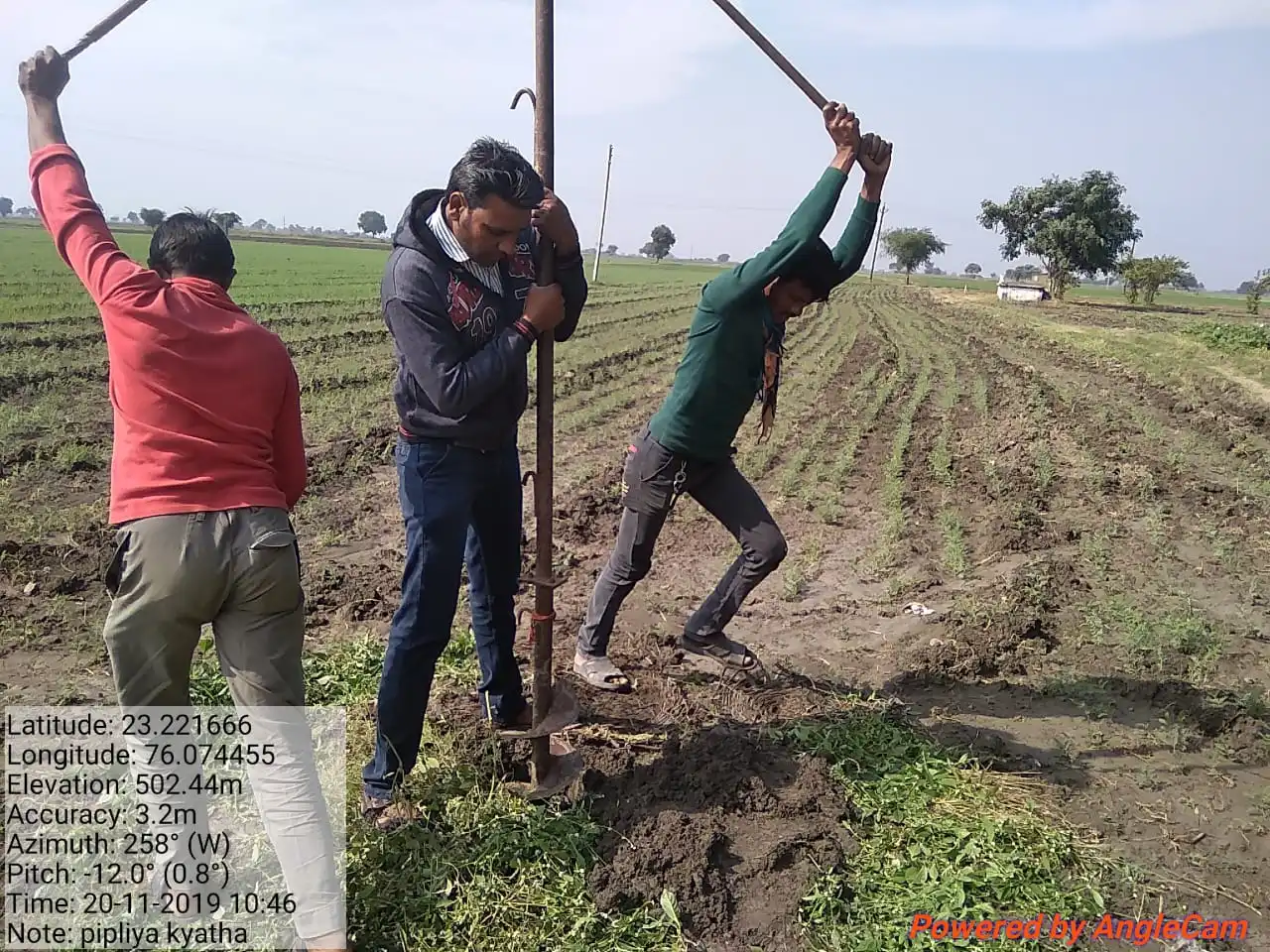
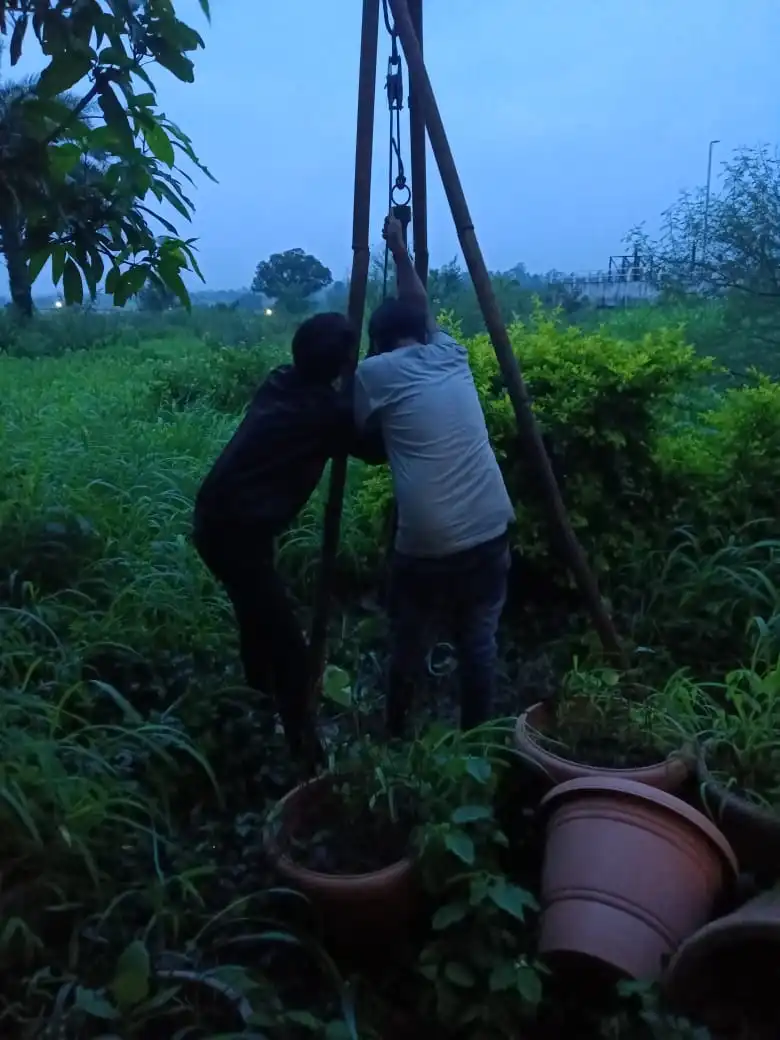
Soil investigation by the Standard Penetration Test (SPT) method is a widely adopted in-situ testing technique used to evaluate the geotechnical properties of subsurface soils. Conducted during borehole drilling, the SPT involves driving a split spoon sampler into the ground at regular depth intervals using a standardized hammer drop. The number of blows required to penetrate a set depth—known as the "N-value"—provides a measure of soil resistance and correlates with parameters such as density, strength, and bearing capacity. This method is especially useful for granular soils like sands and gravels, offering valuable data for foundation design, liquefaction analysis, and site classification. Its simplicity, cost-effectiveness, and empirical reliability make it a cornerstone of geotechnical exploration worldwide.